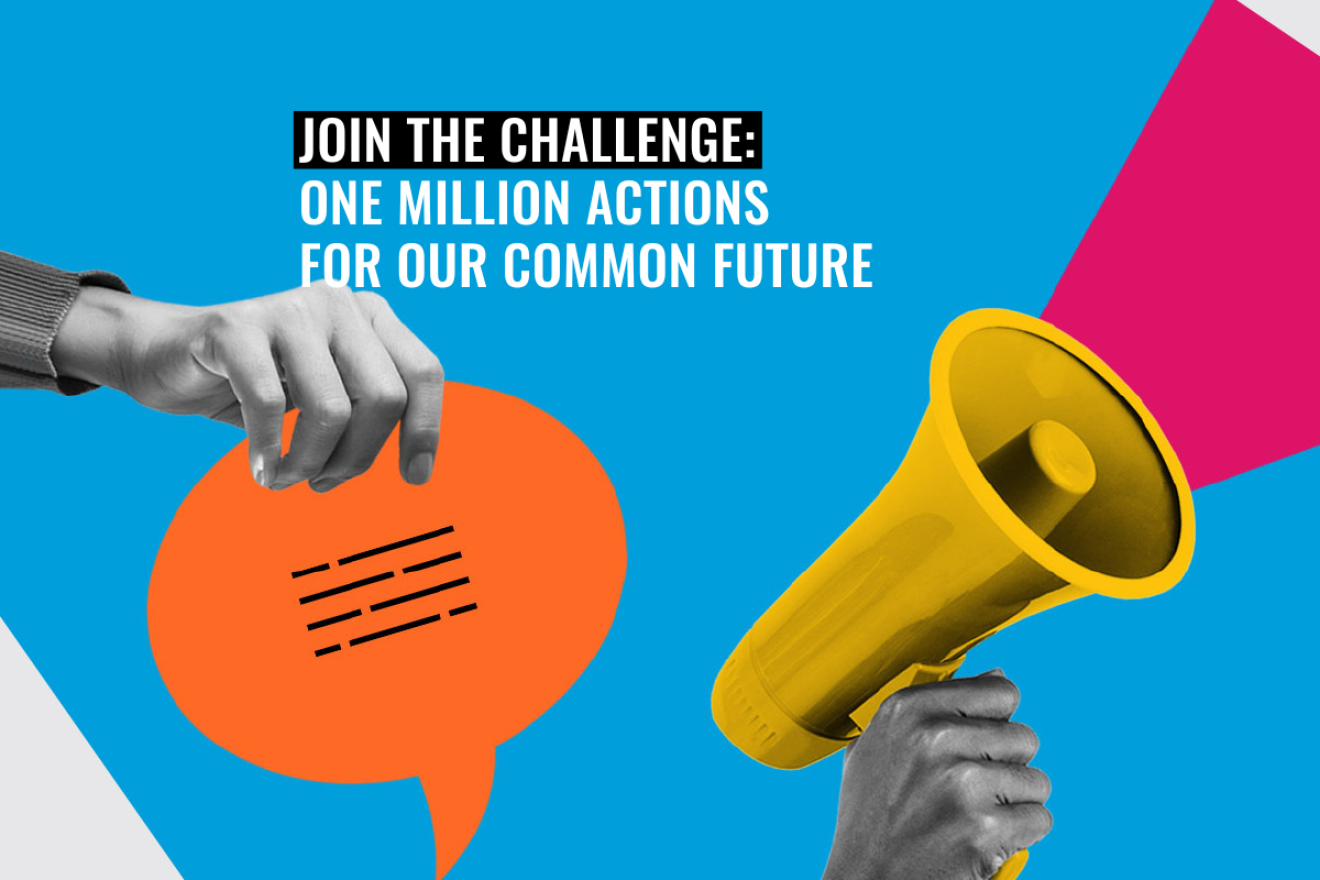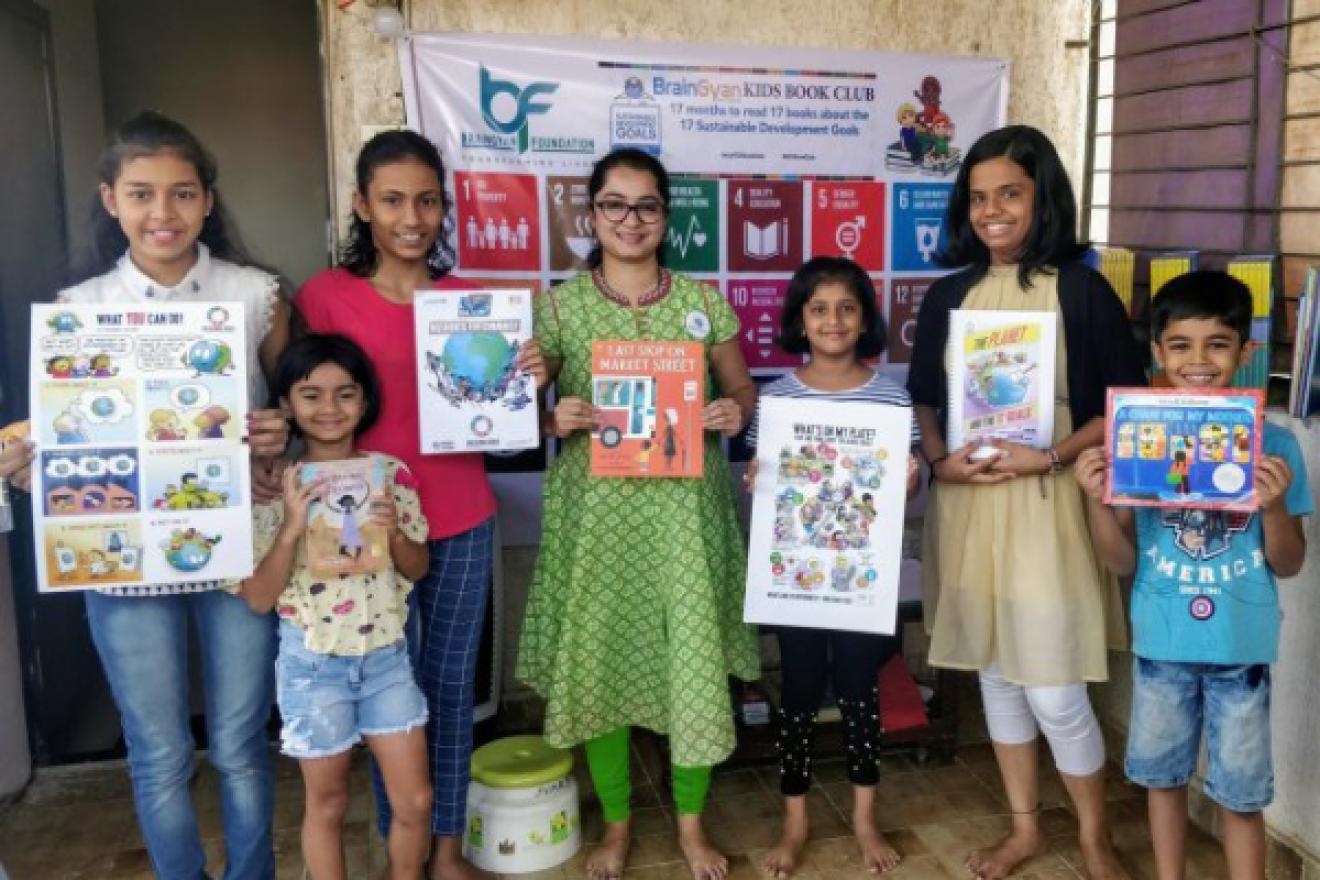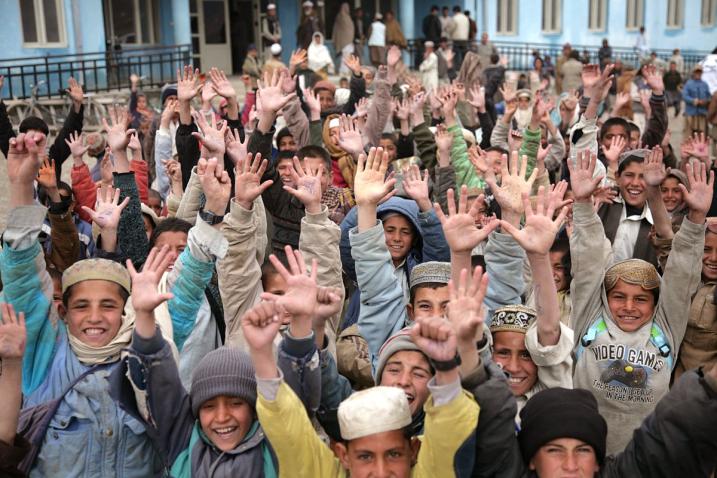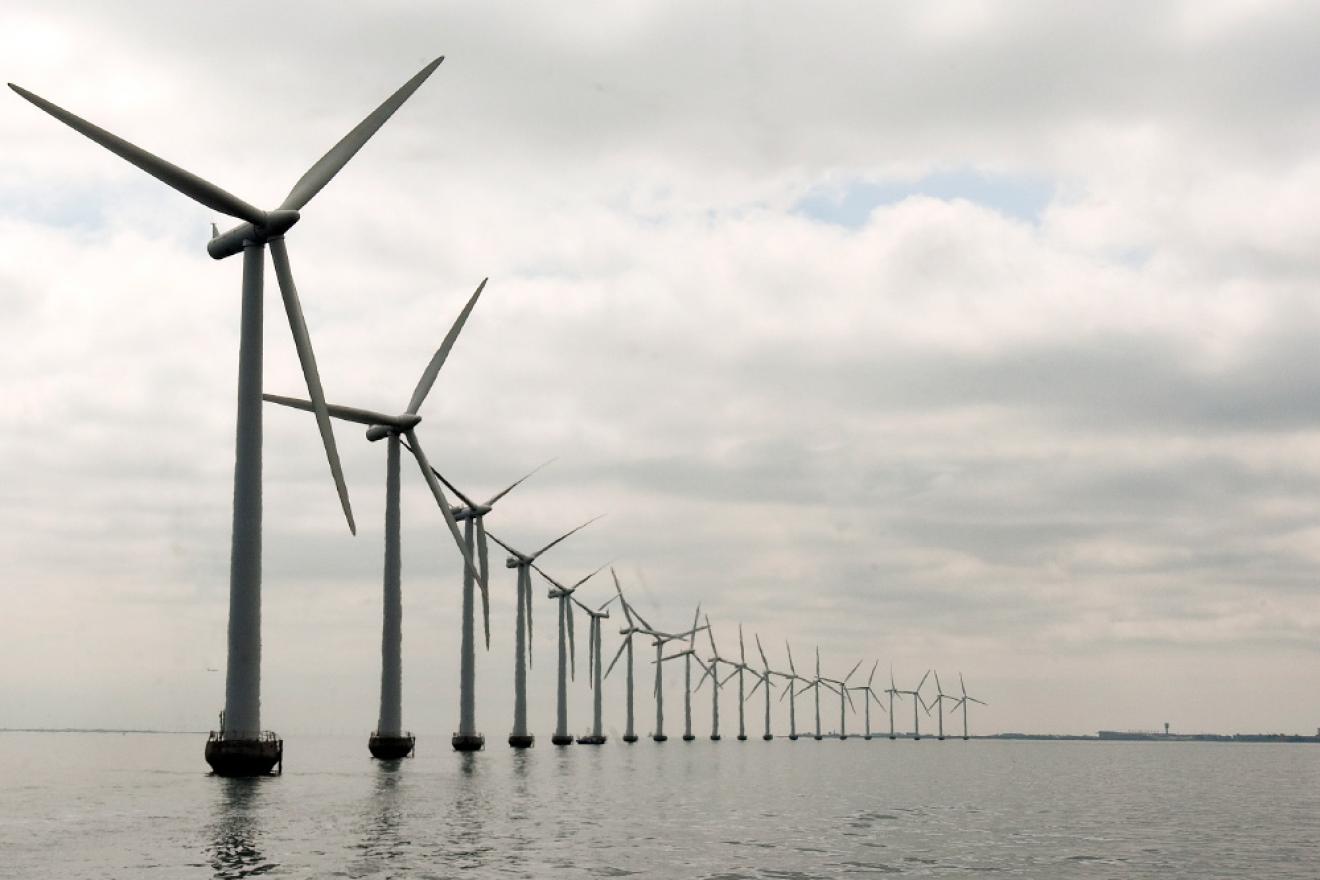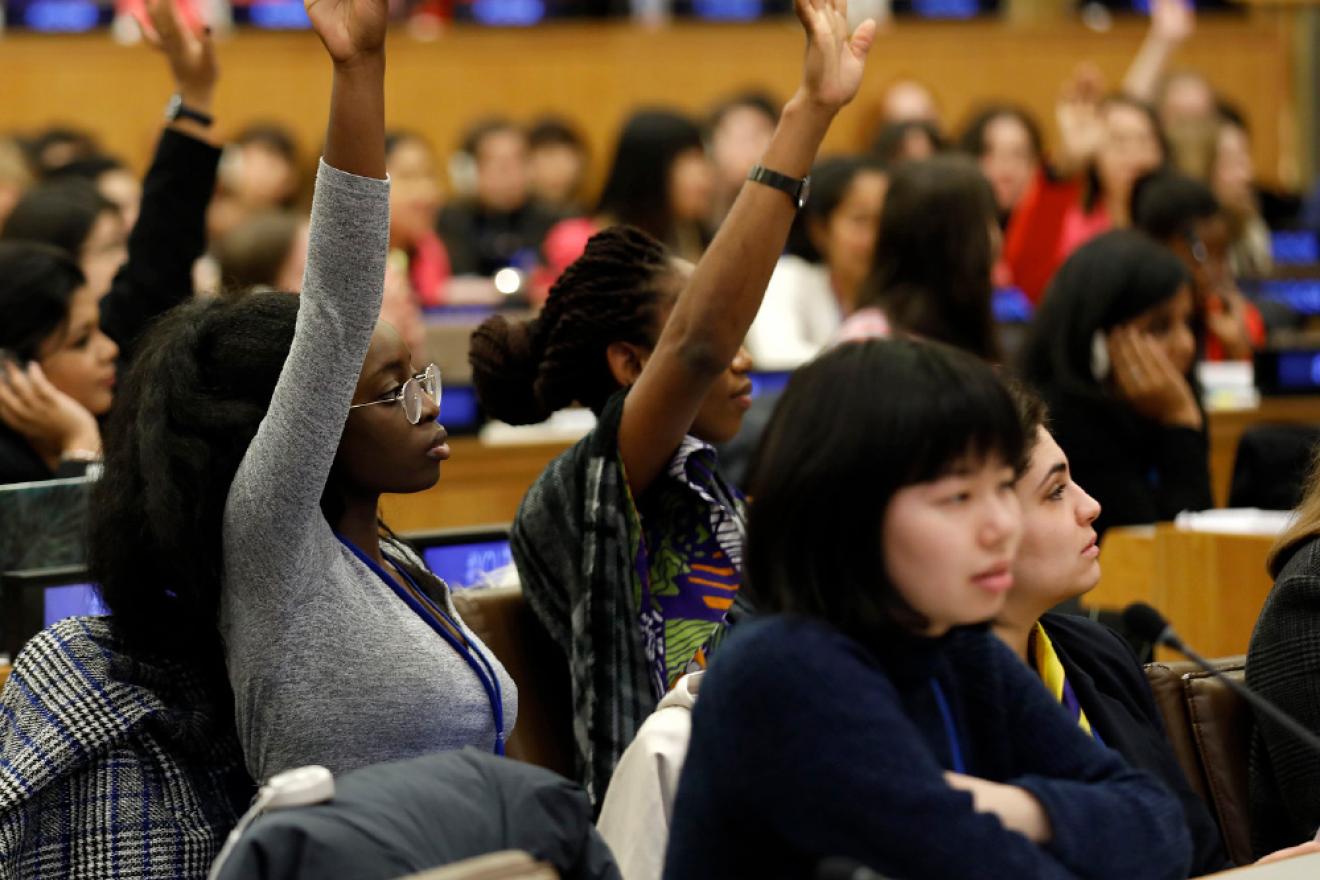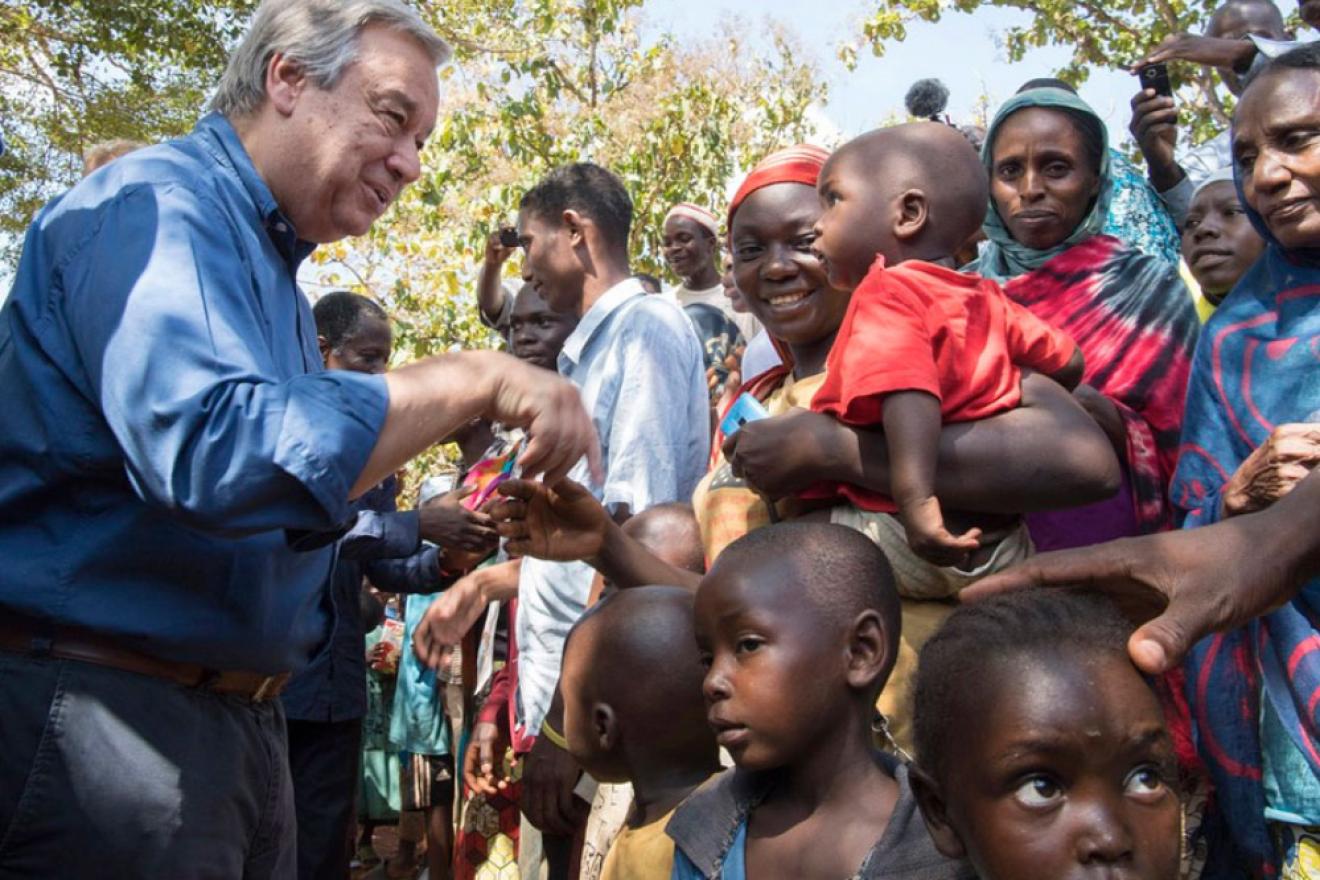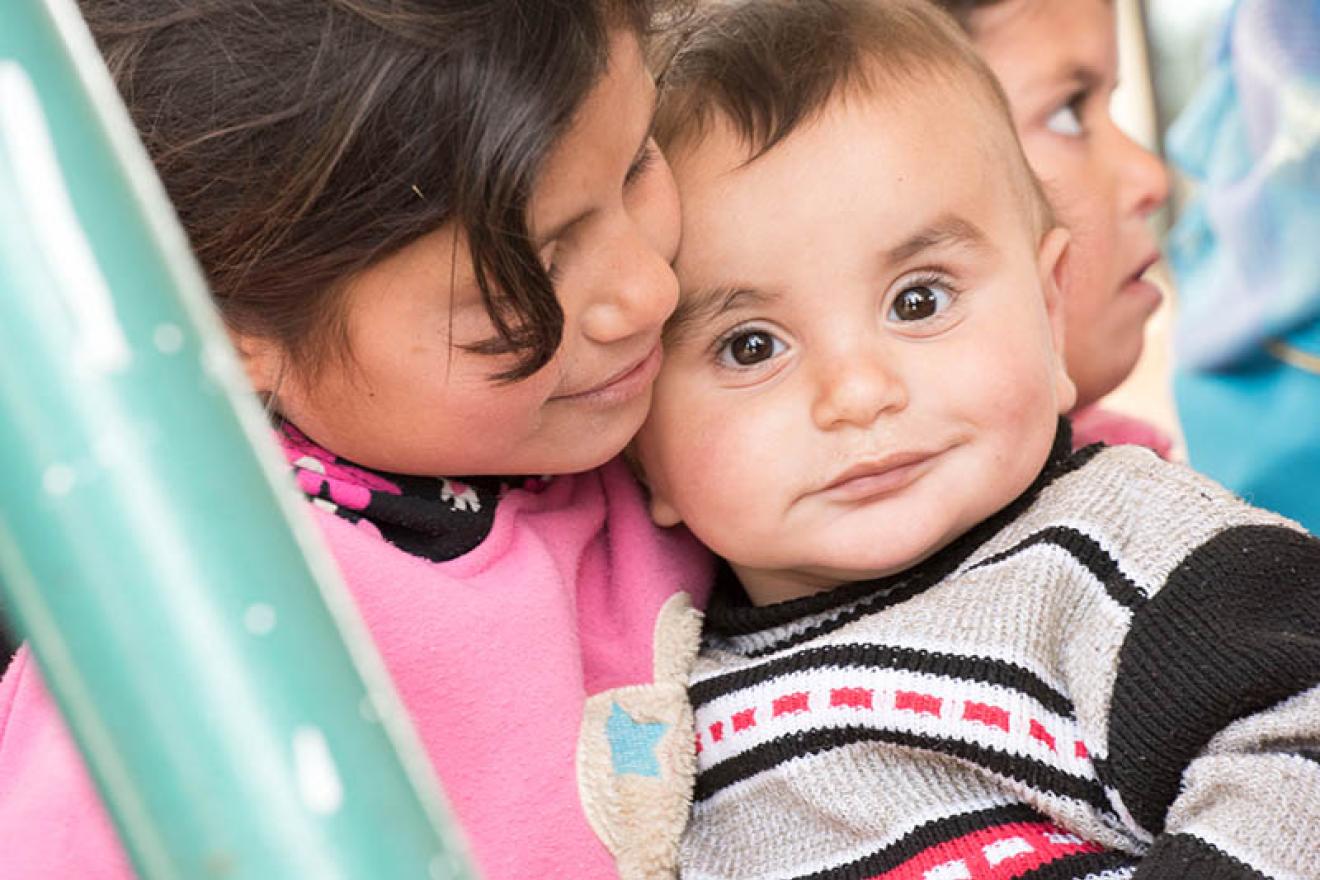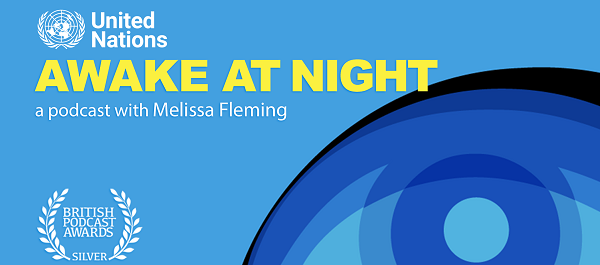ActNow is the UN campaign to inspire people to act for the Sustainable Development Goals (SDGs). In the lead up to the Summit of the Future, join the 1 Million Actions for our Common Future challenge to contribute to a more sustainable and peaceful world. Find new inspiring actions on the app and at un.org/actnow.
Cooperatives Build a Better World
The UN has proclaimed 2025 as the International Year of Cooperatives with the theme "Cooperatives Build a Better World." Led by the International Cooperative Alliance, the initiative highlights the vital role cooperatives play in tackling global challenges, advancing the Sustainable Development Goals (SDGs), and fostering economic and social inclusion. The year aims to raise awareness, promote cooperative growth, and inspire youth engagement, emphasizing cooperatives' resilience and community-driven impact on poverty reduction and sustainable development.

First Person: Gaza, where starving people are trapped in a land reduced to rubble
6 January 2025 — “We saw dead bodies scattered to the left and right, decomposing in the sun”, recounts Jonathan Dumont, Head of Emergency Communications at the World Food Programme (WFP). A...
‘Famine conditions are spreading’ as Sudan’s crisis worsens: Security Council
6 January 2025 — Human suffering in Sudan has reached devastating levels, with over 11.5 million people internally displaced and 3.2 million seeking refuge in neighbouring countries.
...Gaza war: UN World Food Programme condemns Israeli attack on aid convoy
6 January 2025 — Israeli airstrikes continued across Gaza overnight into Monday, while the UN World Food Programme (WFP) reported that one of its aid convoys in the war-shattered enclave was...




